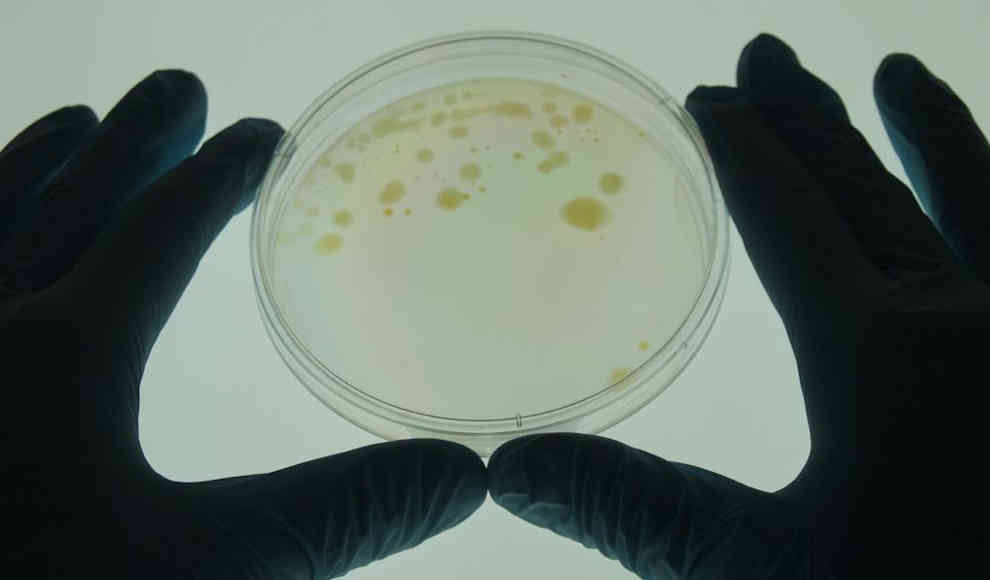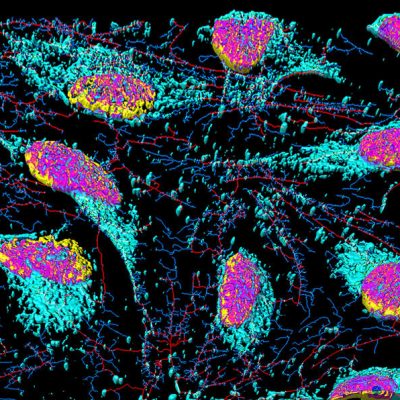A recent study conducted on rats has shown that a vaccine made from bacteria can prevent inflammation in the brain caused by stress. Clinical trials are now being conducted to determine if the vaccine can have the same effect on humans. If successful, this vaccine could be used to protect high-risk groups such as soldiers from the negative effects of stress. Stress is a common problem that affects both children and adults, leading to various health issues such as depression, anxiety, and weakened immune systems. The study conducted by the University of Colorado at Boulder found that stress affects neurotransmitters in the brain, which can lead to depression-like symptoms. The researchers investigated whether a vaccine could be used to prevent the negative effects of stress.
The study was based on previous research that found a medication made from dead bacteria called Mycobacterium vaccae reduced stress in mice. To determine the process responsible for this effect, the researchers vaccinated rats with the same bacteria three times over the course of a week. They found that eight days after the last vaccination, the rats had higher levels of the anti-inflammatory protein Interleukin-4 in their hippocampus, which controls emotions such as anxiety and plays a crucial role in stress. The vaccinated rats also had reduced levels of the stress hormone HMGB1 and increased production of CD200R1 receptors, which are essential for the immune cells in the brain. These effects made the rats less sensitive to stress.
If the same effect is observed in humans, this vaccine could have significant implications for the treatment of neuroinflammatory diseases. High-risk groups such as soldiers could be immunized against the negative effects of stress, preventing post-traumatic stress disorder and other related illnesses. However, further studies are needed to confirm the positive effects of Mycobacterium vaccae before clinical trials can be conducted on human subjects.
In conclusion, the study conducted by the University of Colorado at Boulder has shown that a vaccine made from bacteria can prevent inflammation in the brain caused by stress. If successful in humans, this vaccine could be used to protect high-risk groups from the negative effects of stress. Further studies are needed to confirm the positive effects of the vaccine before clinical trials can be conducted.










